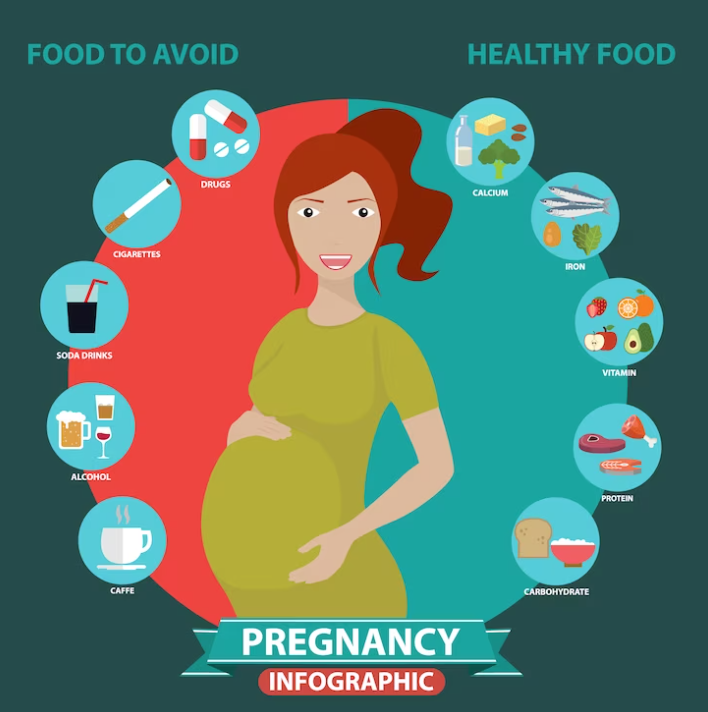
Appendicitis and Pregnancy: Managing the Risks
Pregnancy is an exciting time, but it can also bring some unexpected challenges – like appendicitis. Appendicitis during pregnancy is rare, but it can happen, and it’s essential to know how to manage the risks.
Understanding Appendicitis During Pregnancy
Appendicitis occurs when the appendix becomes inflamed, usually due to a blockage or infection. During pregnancy, the risk of appendicitis is slightly higher due to changes in hormone levels and the shifting of organs as the baby grows.
Recognizing the Symptoms
The symptoms of appendicitis during pregnancy are similar to those in non-pregnant individuals and may include:
- Pain in the lower right side of the abdomen
- Nausea and vomiting
- Loss of appetite
- Fever
- Swelling or tenderness in the abdomen
If you experience any of these symptoms, especially abdominal pain that doesn’t go away or worsens over time, it’s essential to seek medical attention promptly.
Managing Appendicitis During Pregnancy
Diagnosing appendicitis during pregnancy can be challenging because the symptoms can mimic those of other pregnancy-related conditions. However, timely diagnosis and treatment are crucial for the health of both the mother and the baby.
Your healthcare provider may recommend the following steps for managing appendicitis during pregnancy:
- Diagnostic Tests: Your doctor may perform a physical examination, blood tests, and imaging tests, such as an ultrasound or MRI, to confirm the diagnosis of appendicitis.
- Medication: If appendicitis is diagnosed early and is not severe, your doctor may prescribe antibiotics to treat the infection and reduce inflammation.
- Surgery: In some cases, surgery may be necessary to remove the inflamed appendix. This procedure, known as an appendectomy, is typically performed using minimally invasive techniques to minimize risks to both the mother and the baby.
- Monitoring: After treatment, your healthcare provider will monitor your condition closely to ensure that you and your baby are doing well. They may recommend additional tests or follow-up appointments to monitor your recovery.
Preventing Appendicitis During Pregnancy
While appendicitis cannot always be prevented, there are steps you can take to reduce your risk:
- Eat a healthy diet rich in fiber to promote digestive health.
- Stay hydrated by drinking plenty of water throughout the day.
- Exercise regularly to maintain a healthy weight and support digestive function.
- Practice good hygiene to reduce the risk of infections that could lead to appendicitis.
By staying informed and proactive about your health during pregnancy, you can effectively manage the risks associated with appendicitis and ensure a safe and healthy outcome for you and your baby.
To seek medical advice, always consult a Doctor. Here are our recommended experts.Click Here
To read more on Appendicitis. Click Here


